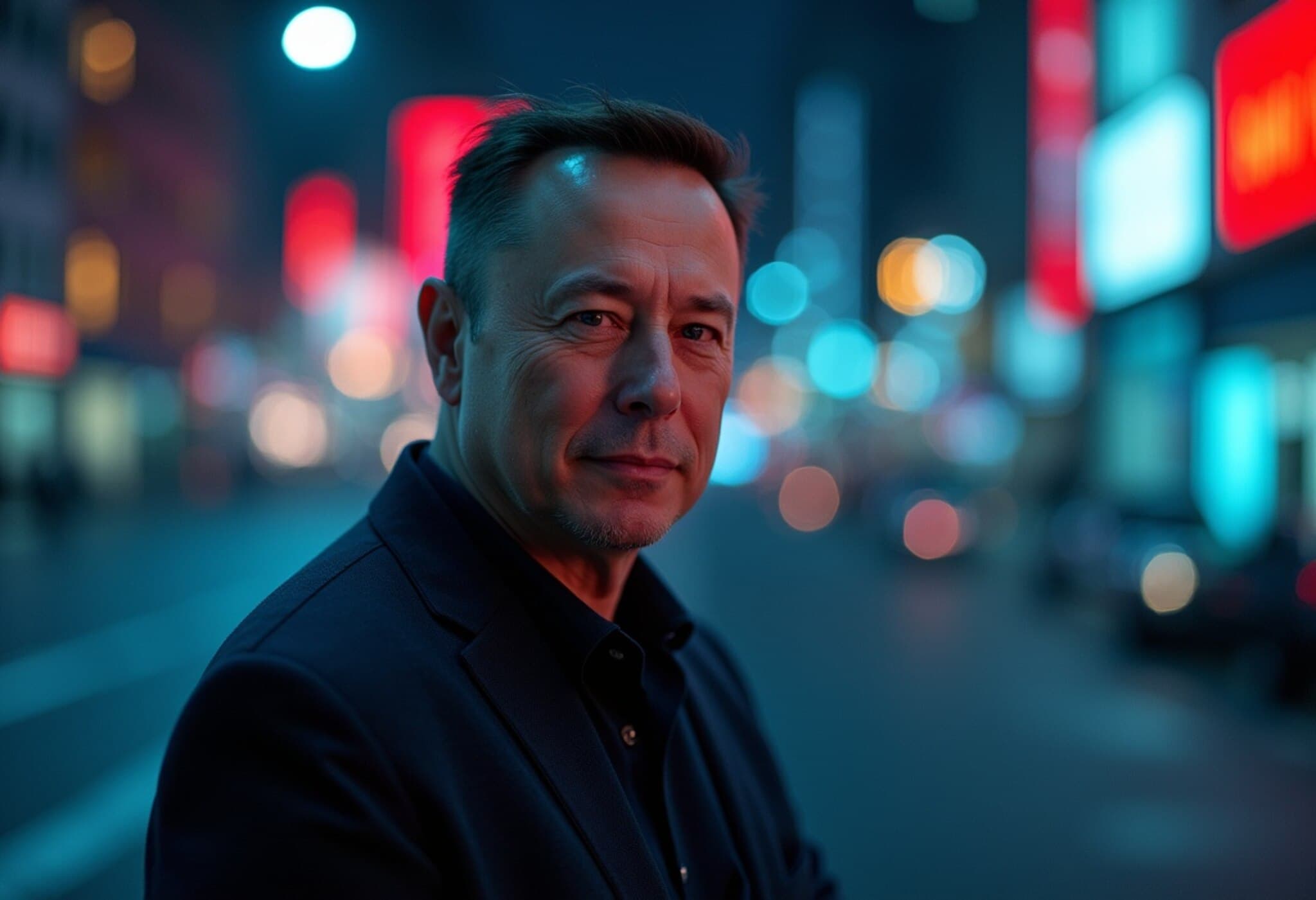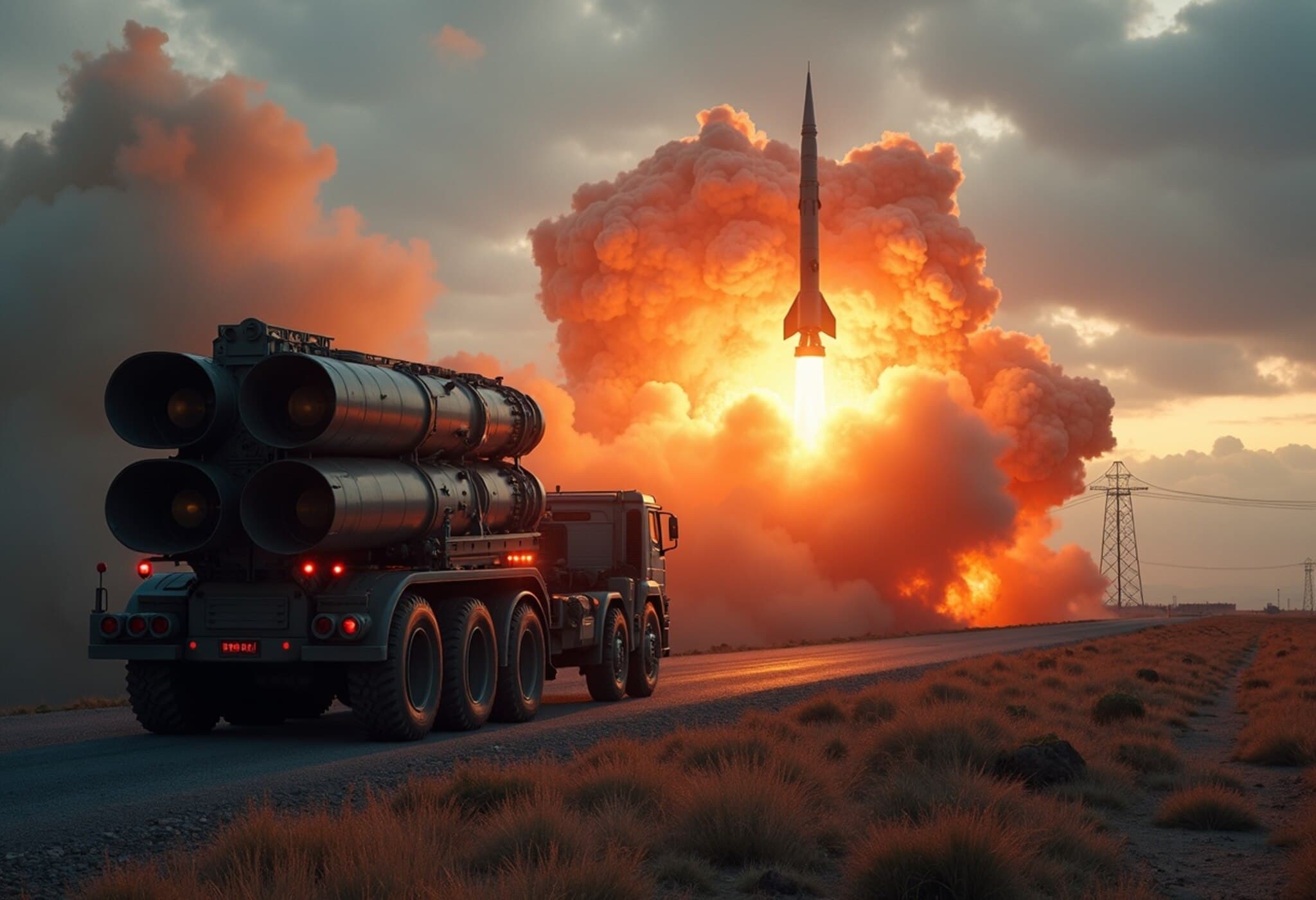Meta’s Bold AI Vision: Superclusters and Massive Investment
Mark Zuckerberg, the CEO of Meta, unveiled ambitious plans on Monday to catapult the company into the front lines of artificial intelligence innovation. With a staggering commitment of hundreds of billions of dollars earmarked for AI compute infrastructure, Meta aims to build one of the most powerful AI research environments in the world.
Introducing Prometheus: Meta’s First AI Supercluster
Among Meta’s forthcoming projects is its first AI supercluster, codenamed Prometheus, slated to come online in 2026. A supercluster is an advanced and sprawling network of interconnected computers that can handle massive AI workloads — training complex models that require extraordinary computational power.
Prometheus will be the cornerstone of Meta’s newly formed Meta Superintelligence Labs, a unit dedicated to pushing AI boundaries. Zuckerberg emphasized that their compute resources will be industry-leading, boasting the highest compute per researcher ratio, underscoring Meta’s strategy to blend human expertise with unprecedented machine power.
More Than Just One Supercluster: Plans for Hyperion and Beyond
But Prometheus is just the beginning. Zuckerberg revealed plans for multiple other multi-gigawatt data centers, including Hyperion, a cluster designed to scale up to five gigawatts over several years. For context, the scale of such power consumption and computational capability rivals that of some of the largest data centers globally and signals a race for AI supremacy at a scale few companies have attempted.
Meta’s Aggressive AI Hiring and Strategic Investments
Meta’s infrastructure investment is matched by a strategic push to attract top-tier AI talent. In recent months, the company has been on a hiring spree, backed by a $14 billion investment in Scale AI, a leading data-labeling and AI training firm. This hiring and investment blitz is part of Zuckerberg’s broader effort to position Meta as a juggernaut in AI research and development amid stiff competition from industry leaders like OpenAI and Google.
Meta’s AI ambitions were galvanized after a lukewarm developer reception to their April platform launch, prompting a re-evaluation and a renewed focus on building a more compelling AI ecosystem.
Expert Insight: The Stakes of Meta’s AI Supercluster Race
From a policy and economic perspective, Zuckerberg’s supercluster announcement is emblematic of the escalating AI arms race in the tech industry. The sheer scale of investment and infrastructure demonstrates how AI is not just a software challenge but a hardware and energy-intensive frontier. In the U.S., this raises important questions about energy consumption, sustainability, and regulatory oversight as companies deploy resources comparable to small power plants for AI alone.
Moreover, Meta’s move to create the most elite AI research team highlights a broader trend: tech giants increasingly funneling vast capital and talent to gain competitive advantage, potentially accelerating AI innovation but also concentrating power in a few corporate hands.
Looking Ahead: What Prometheus Means for AI and Beyond
While the industry watches how Prometheus and subsequent superclusters evolve, these developments could reshape AI’s integration into everyday technologies—from immersive virtual reality environments to smarter social platforms and beyond. Meta’s dedication to “building the most elite and talent-dense team in the industry” shows a recognition that human genius and computational might must go hand-in-hand for true breakthroughs.
As Prometheus gears up for its 2026 debut, questions remain about how these mega AI infrastructures will impact data privacy, energy policies, and the global AI competitive landscape. For now, Zuckerberg’s vision signals a new era of AI where scale, speed, and human expertise converge.
Editor’s Note
Meta’s announcement underscores the massive scale at which AI development is now proceeding—raising both excitement and concerns. As these superclusters come online, stakeholders must balance innovation with responsibility, including scrutinizing environmental impact and ethical AI use. Readers should watch closely how Meta’s Prometheus influences not only technology but broader societal narratives around AI power, control, and access.



















